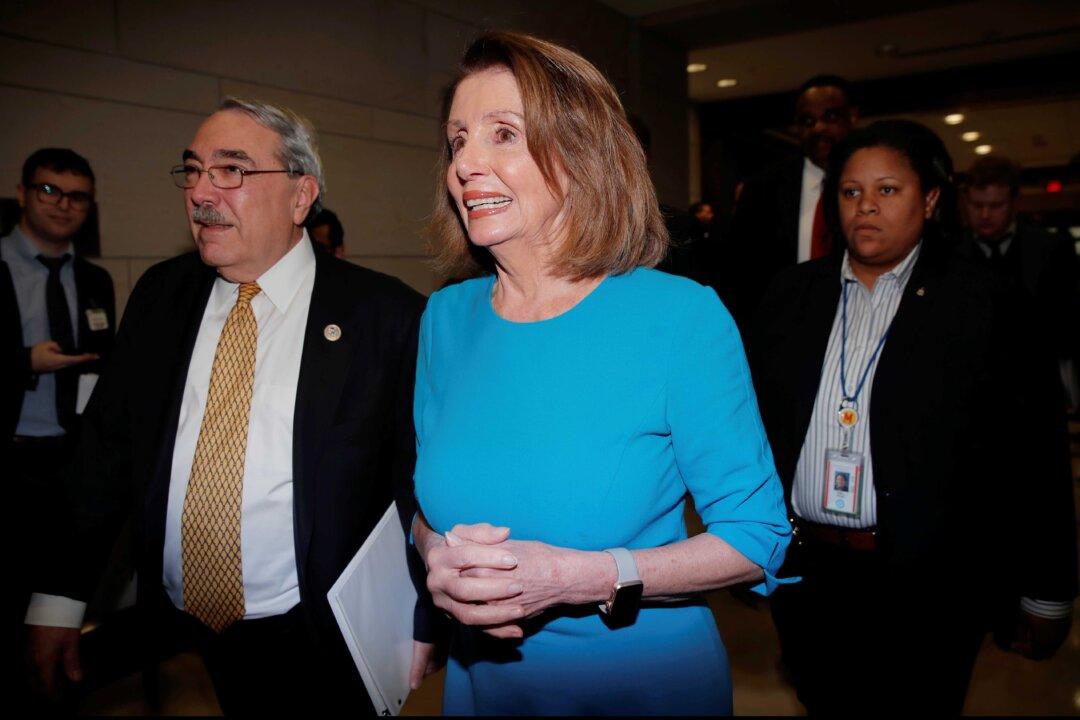WASHINGTON—Nancy Pelosi on Nov. 28 was nominated as expected by fellow Democrats to be speaker of the U.S. House of Representatives. She will need to win support in the January election for the top job in the chamber.
Pelosi, who made history as the first woman to hold the post when she was speaker from 2007 to 2011, won the Democratic nomination by a vote of 203-32, putting her in contention in the early January contest in which both Democrats and Republicans will vote.





